Some of the questions received about the GERD Diet at the email address office@foodbodyfit.com
Table of Contents
- Does ramen cause acid reflux?
- Is ramen good for GERD ?
- Are there certain foods that you know always trigger acid reflux symptoms?
- What foods should you avoid if you suffer from gastroesophageal reflux diseases?
- What dietary changes have you made to help manage the symptoms of GERD?
- Have you found any cooking methods that have helped alleviate the effects of GERD on your body?
- I am interested in your experience with natural remedies for healing and managing acid reflux.
Gastroesophageal reflux disease (GERD) symptoms?
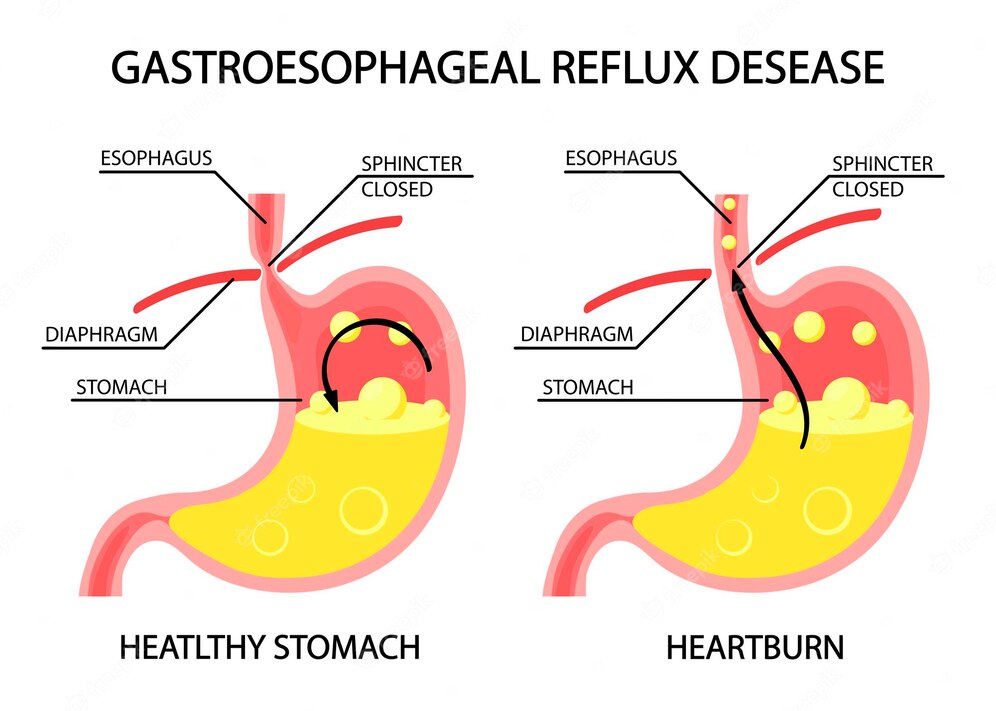
Most people assume that heartburn or acid reflux is caused by hyperacidity in their stomach. Therefore, the first step is to take over a counter antacid or acid blocker.
The pH test of the client’s stomach acid has shown that only a small number of individuals who experience acid reflux or heartburn are hyperacidic. Many people experience problems due to low stomach acid secretion, which is commonly known as hypochlorhydria.
GERD is characterized by heartburn and regurgitation due to abnormal reflux of the stomach acid contents into the esophagus.
GERD is classified into three different phenotypes:
- Non-erosive reflux disease (NERD)
- Erosive esophagitis (EE),
- Barrett esophagus (BE).
NERD is the most prevalent phenotype seen in 60-70% of patients. One of the most important complications of GERD is Barrett’s esophagus, which is a premalignant lesion for esophageal adenocarcinoma (1)
Patients may experience extraesophageal manifestations including cough, bronchospasms, and hoarseness (2).
Risk factors for GERD include:
- central adiposity (abdominal obesity),
- male gender,
- the presence of a hiatal hernia,
- history of Helicobacter pylori eradication,
- alcohol intake,
- smoking, and genetic predisposition
Hypochlorhydria creates the ideal environment for an infection with Helicobacter pylori, which is a bacteria that prefers the chronically irritated environment of the gastric mucosa.
If you have a history of heartburn or acid reflux ask your GP to be assessed for H pylori.
24-hour pH monitoring helps to identify 2 types of acid reflux episodes: upright or daytime GERD, and supine or nighttime GERD symptoms (4)
The goals of managing GERD are to address the resolution of symptoms and prevent complications such as:
- Esophagitis
- Barrett esophagus
- Esophageal Adenocarcinoma.
Treatment options include lifestyle modifications, dietary therapy medical management with antacids such as proton pump inhibitors (PPI) and antisecretory agents, surgical therapies, and endoluminal therapies (5)
Therefore, food and nutrients should be the first-line therapy for patients with GERD, furthermore, elimination of typical dietary triggers.
Lifestyle changes and GERD diet
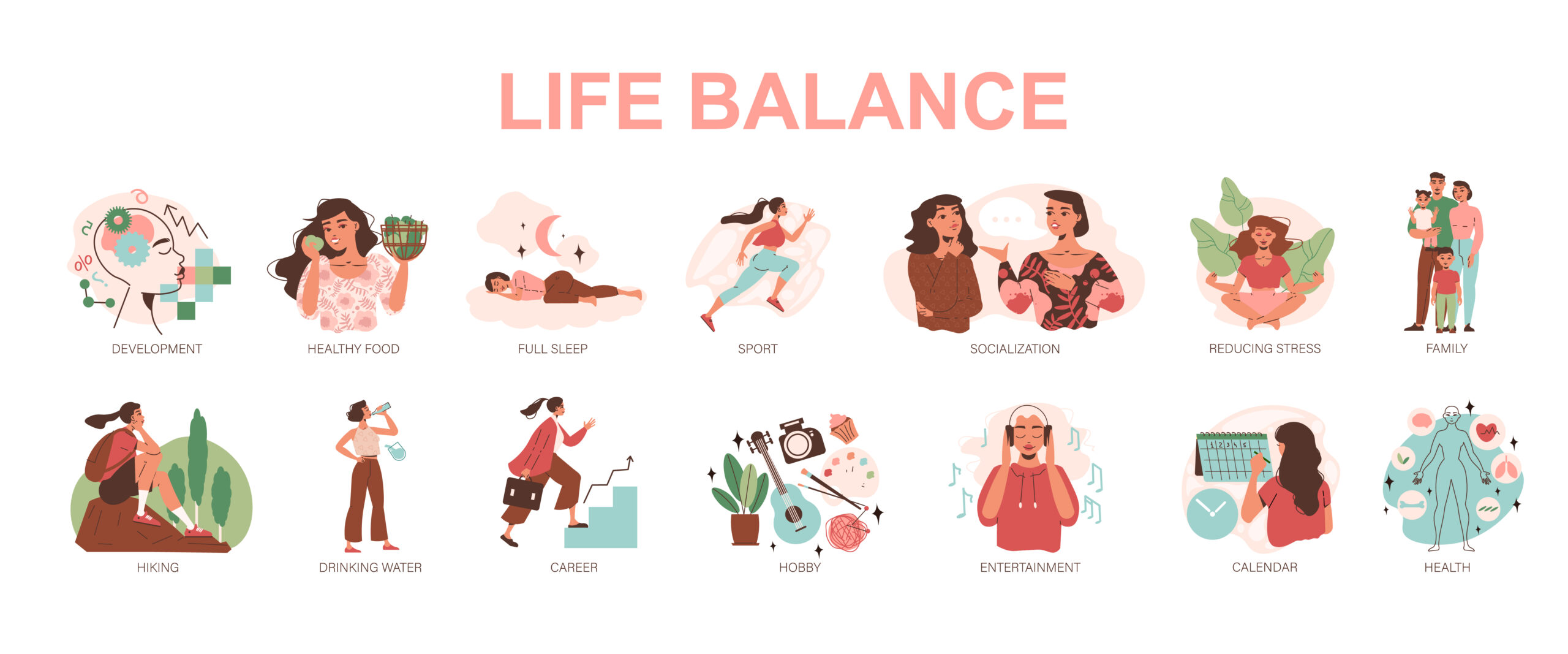
Protein and fat, smoking, alcohol consumption (except for beer and wine), certain medications, and mental health have all been found to have a positive correlation with GERD and other types of acid reflux symptoms..
- Controlled weight loss (by diet or surgery) is effective in improving GERD symptoms
- Moderate physical activity seems to be beneficial for GERD, while vigorous activity may be dangerous in predisposed individuals
What are the worst foods for acid reflux?
Food that triggers acid reflux. Heartburn foods to avoid
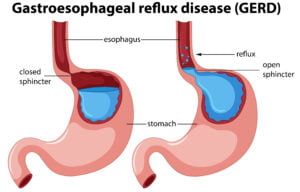
Protein and fat are positively correlated with GERD. Fried or fatty food can cause the Lower esophageal sphincter (LSE) to relax and increase gastric reflux. The food delays the empty stomach. Eating high-fat foods increases the likelihood of reflux symptoms.
Garlic, onions, and alliums
- Tomatoes and tomato juice
Citrus fruits and juices, citrus intake between meals. oranges, lemons, and grapefruit are often cited as precipitants of heartburn symptoms. You can drink them but dilute them with water. If you experience frequent reflux you need to decrease or eliminate intake of these fruits.
Chocolate and sugar are frequently implicated as a trigger of GERD
Coffee, black tea, and alcohol are linked with GERD symptoms
Beverages and products containing carbonated beverages
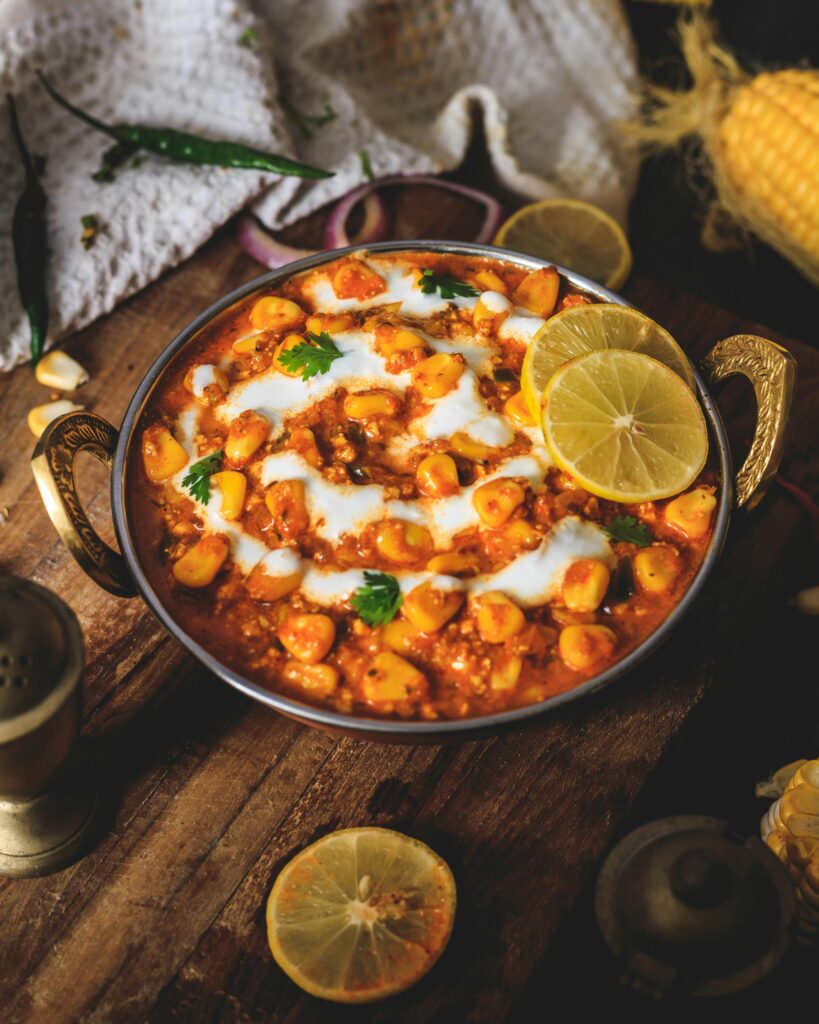
Full-fat cheese and rich, creamy foods
- Spicy or sour, sweet foods can trigger acid reflux. For example, Indian takeaway with lots of sauce, which usually are cooked with a good amount of refined vegetable oils. This type of meal is high in fat and hence is hard to digest.
A Korean study(2016) showed in one-third of GERD patients, certain foods inducing typical symptoms were identified. Hot spicy stews, rice cakes, ramen noodles, fried foods, alcohol, bakery products, carbonated beverages, topokki, and caffeine-containing products were also enumerated as reflexogenic foods frequently inducing typical symptoms of acid reflux symptoms in Korea.
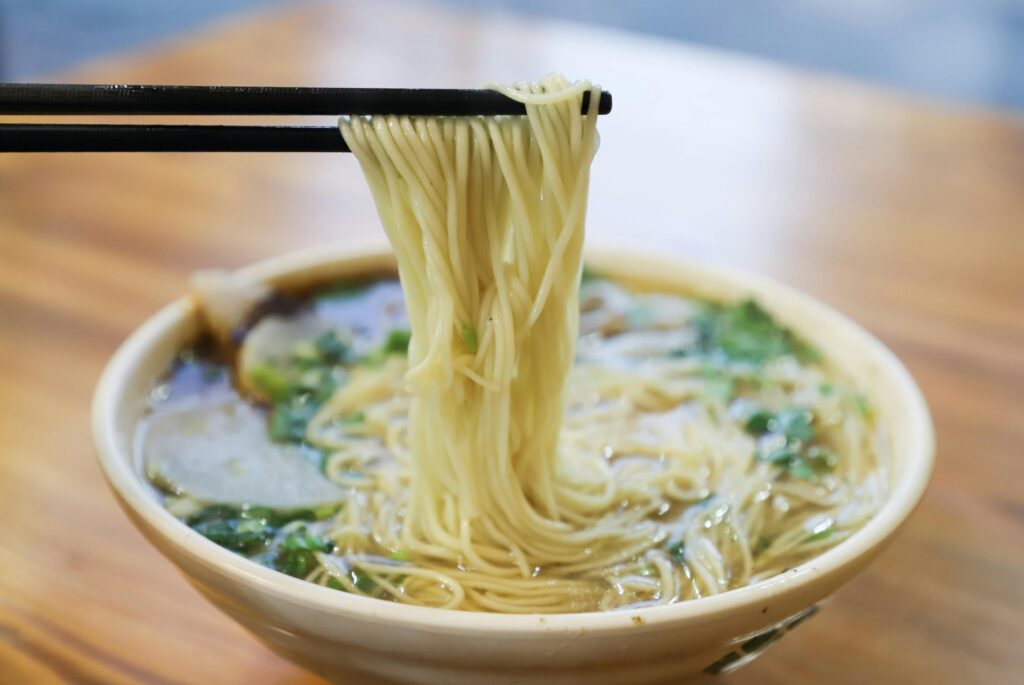
The list of foods frequently inducing typical GERD symptoms needs to be modified based on their own local experiences.
However, not only eating certain products but also the frequency of eating them and poor eating habits may play a role in causing/aggravating disease symptoms.
Poor eating habits, including snacking at night and overeating, are positively associated with GERD
This food will not trigger reflux for everyone. Make sure you record your meals in your food diary.
Does bread help heartburn/acid reflux?

Unfortunately, it’s not helping, you should reduce your intake of wheat-based food, including croissants that are high in butter/unhealthy fat, white bread, and processed food high in unhealthy fats that will trigger reflux symptoms.
Late evening meals and GERD
Postprandial reflux is common in patients with GERD. Avoidance of late-night eating and reduction in overall size and caloric density of meals. Typically it can take up to 4 hours for 90% of a solid meal to move forward out of the stomach.
Avoid lying flat after your meal. The stomach contents containing acid will more likely reflux into the esophagus while patients are lying flat. Keep yourself slightly elevated at 45 degrees.
What foods are good for GERD?
Foods That Help Prevent Acid Reflux Symptoms.

The Mediterranean Diet includes a high intake of fruits, vegetables, whole grains, and healthy fats. A traditional Mediterranean diet had a lower reported incidence of GERD symptoms
- A low glycaemic index diet, phytonutrient-rich rich meals often resolve acid reflux symptoms.
- A small amount of Aloe Vera taken before eating will help with digestion
- Eat more whole grains such as brown rice, quinoa, and kamut, you can try lentils. If you love bread, you should try only a small amount of wholemeal varieties.
Mushrooms GERD diet
Medicinal mushrooms like Agaricus blazei Murill, Hericium erinaceus, and Grifola frondosa, along with herbal extracts such as Ceratonia siliqua and Semisulcospira gottschei, show promise in reducing inflammation and oxidative stress, improving barrier function, and alleviating GERD symptoms. These findings suggest that integrating these natural treatments could offer a complementary approach to traditional GERD therapies.
Anti-inflammatory and Antioxidant Properties of Medicinal Mushrooms:
Medicinal mushrooms like Agaricus blazei Murill, Hericium erinaceus (Lions Mane), and Grifola frondosa have shown anti-inflammatory effects by reducing proinflammatory cytokines and oxidative stress, which could be beneficial for GERD management1
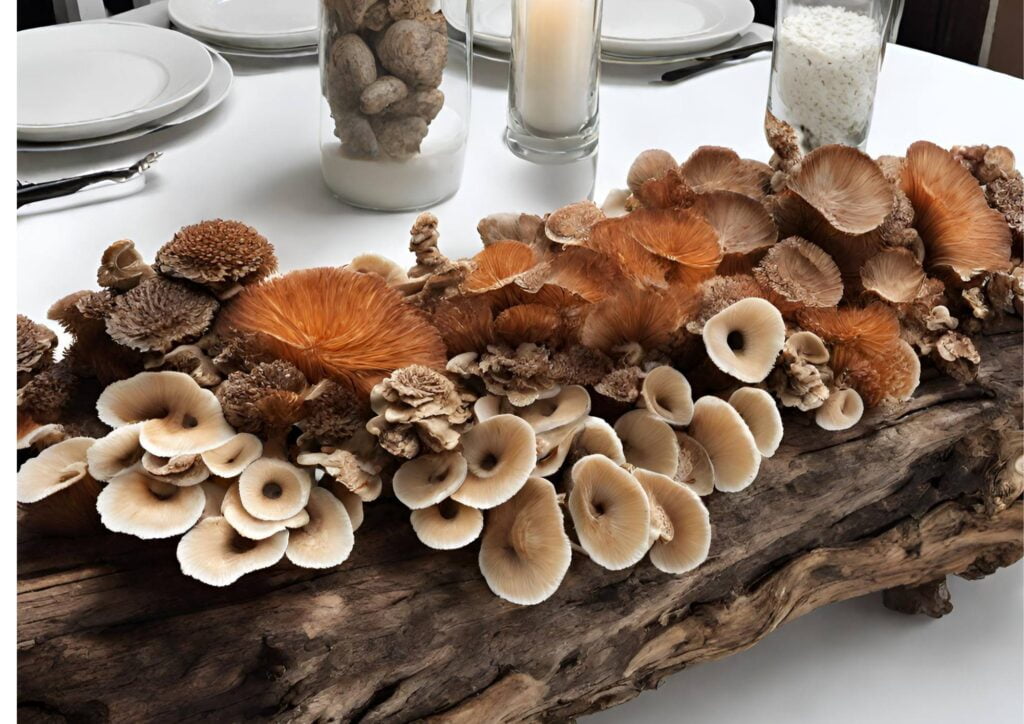
If you want to buy the Best Medicinal Mushroom Powder UK, you are in the best place to ask questions and make an informed decision.
Lean meats and fish and GERD
You can try low-fat meat such as venison, turkey, duck, and chicken, and plenty of fish (preferably not fried)
High-fiber foods and GERD
A fiber-enriched diet led to a significant increase in minimal lower esophageal sphincter resting pressure and a decrease in the number of gastroesophageal refluxes and frequency of heartburn per week in NERD patients with low dietary fiber intake. Non-erosive GERD patients with low dietary fiber intake well-tolerated psyllium 5.0 g TID.
Dietary fiber supplementation such as psyllium may be one of the nutrients used for usual diet modification in GERD patients.
What reduces heartburn fast?
What to drink for heartburn relief ?
What foods help acid reflux go away ?

- Peppermint formula contains peppermint, gentian, fennel, and camomile, which can be taken after foods.
- De-glycyrrhizin licorice helps to protect and heal the lining of the esophagus and stomach. Try to chew 1-2 tablets 20 min before a meal, furthermore, it can be used as an alternative.
- Aloe Vera juice, check for any added sugar or any chemicals that shouldn’t be in your juice. Preferable pure Aloe Vera from a fresh plant.
- Fresh root ginger, lightly cooked cabbage, or cabbage juice from raw cabbage
- Try to drink fennel or liquorice, instead of black tea or coffee, which will help to reduce the acidity, camomile, and fresh mint teas.
GERD friendly herbs and spices:
- Various medicinal plants, including Ceratonia siliqua, Myrtus communis, and Cydonia oblonga, have demonstrated significant reduction in GERD symptoms through antioxidant and anti-inflammatory activities, improvement of barrier function, and reduction of gastric acid2 .
- Multicomponent herbal preparations like rikkunshito have shown effectiveness in cases where PPIs failed, particularly in non-erosive reflux disease (NERD)3.
Helpful Hints and GERD
Sitting or walking after a meal instead of lying down was negatively correlated with GERD, and less than 3 hours between dinner and sleep is positively correlated with GERD.
Cooking Tips and GERD Diet
If you are eating a protein such as meat or fish, eat this with salad or vegetables but not potatoes, pasta, or bread; on the other hand when you eat bread, pasta, or potatoes, eat them with vegetables or salad, not protein.
Chew all foods thoroughly and avoid drinking too much liquid with meals, as this dilutes the stomach acid, which is important to digest your meal.
Warning
Plenty of evidence records harm from long-term use of Antacids such as PPI, including osteoporosis, depression due to aluminum content which has been contributed to Alzheimer’s disease, vitamin B12, and mineral deficiencies, small bacterial overgrowth SIBO, irritable bowel syndrome (IBS), pneumonia, and heightened susceptibility to enteric pathogens.
Conclusion
Certain nutrients, foods, and herbs will help the natural ability of the gastrointestinal tract in self-repair.
A more personalized approach, a personalized diet, keeping a food diary including g a diary of symptoms, a 2-3 weeks elimination diet personalized meal plan that will eliminate the food allergens, followed by careful introduction of each food every three days helps to identify trigger foods.
- Replacing enzymes, hydrochloric acid, and fibers, probiotics, repairing the gut mucosa, supplements with nutrients and herbs such as glutamine, omega 3 fatty acids, butyrate, antioxidants,
- Vitamin A, N-acetylcysteine 500 mg/daily, Vitamin D, ginger, and more according to the client’s needs is often followed by significant clinical improvement.
Great news!
You can take the first step towards a healthier you without any fees!
Madelena has been nothing but kind, understanding, and supportive throughout my whole experience. I have made the right choice in choosing Holistic Nutrition to start my nonsurgical weight loss journey. My weight loss journey changed my life.
I hope more people will find out how personalized nutrition can improve their lives and health. Personalized nutrition is an amazing approach that aims to give individuals unique nutrition advice based on their genetic, environmental and lifestyle factors. Personalization of interventions helped me not only to change my bad food behavior, but helped to understand the role of nutrition. Why do I eat? I have never asked this question. I eat for multiple reasons, most of the time I eat to cope with my own unhappiness. I had a bad relationship with my food. My food was my worst enemy. I felt uncomfortable in my skin because I left foods to hack my mind and tell me what to eat it. Having a personalised nutritional program takes everything into account allowing any underlying causes and obstacles to be overcome and to finally get the body you want. Believe in yourself, and trust in Madelena, she is absolutely amazing. I cannot thank enough for what she did for me. She saved my life. I can’t praise enough Madelena. God bless you! Tommy
Tommy, London
- Hetland, G., Tangen, J., Mahmood, F., Mirlashari, M., Nissen-Meyer, L., Nentwich, I., Therkelsen, S., Tjønnfjord, G., & Johnson, E. (2020). Antitumor, Anti-inflammatory and Antiallergic Effects of Agaricus blazei Mushroom Extract and the Related Medicinal Basidiomycetes Mushrooms, Hericium erinaceus and Grifola frondosa: A Review of Preclinical and Clinical Studies. Nutrients, 12. https://doi.org/10.3390/nu12051339. ↩︎
- Hosseinkhani, A., Lankarani, K., Mohagheghzadeh, A., Long, C., & Pasalar, M. (2017). An Evidence-based Review of Medicinal Herbs for the Treatment of Gastroesophageal Reflux Disease (GERD).. Current drug discovery technologies, 15 4, 305-314 . https://doi.org/10.2174/1570163814666171010113517. ↩︎
- Salehi, M., Karegar-Borzi, H., Karimi, M., & Rahimi, R. (2017). Medicinal Plants for Management of Gastroesophageal Reflux Disease: A Review of Animal and Human Studies.. Journal of alternative and complementary medicine, 23 2, 82-95 . https://doi.org/10.1089/acm.2016.0233. ↩︎

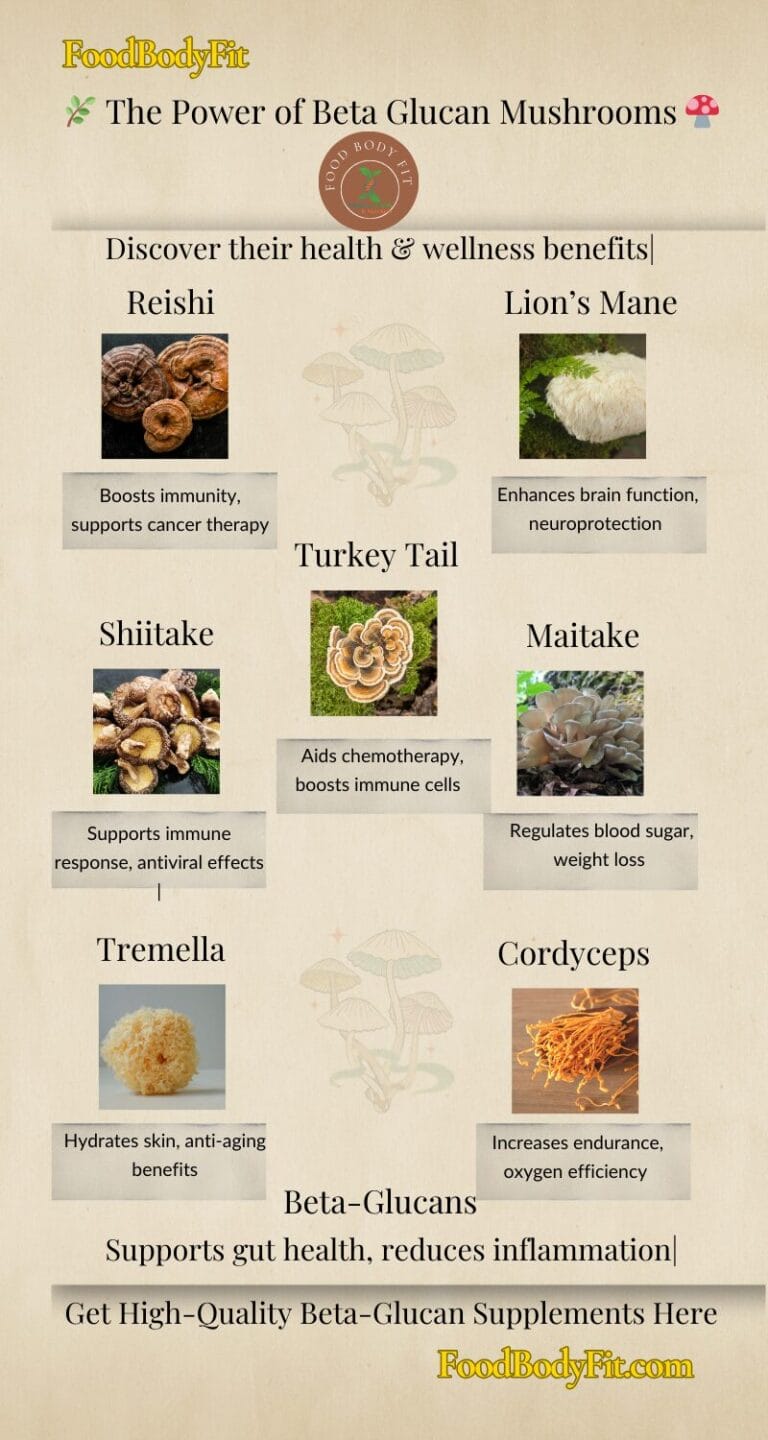
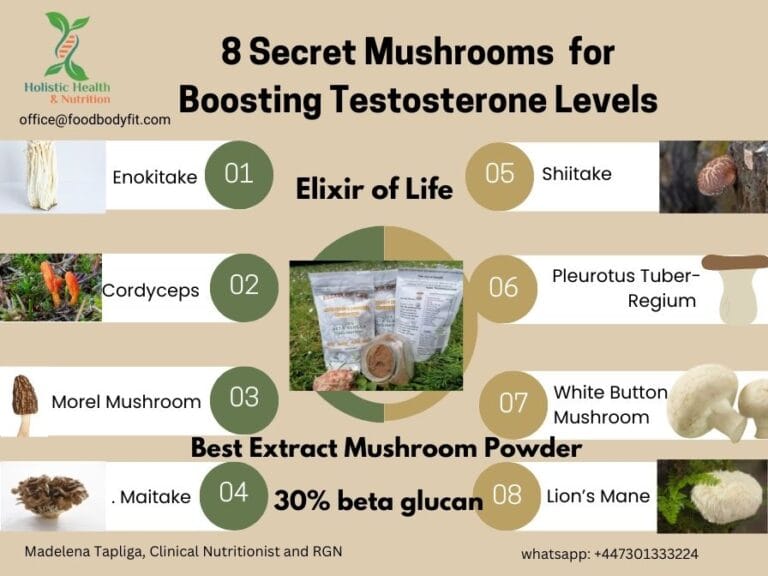
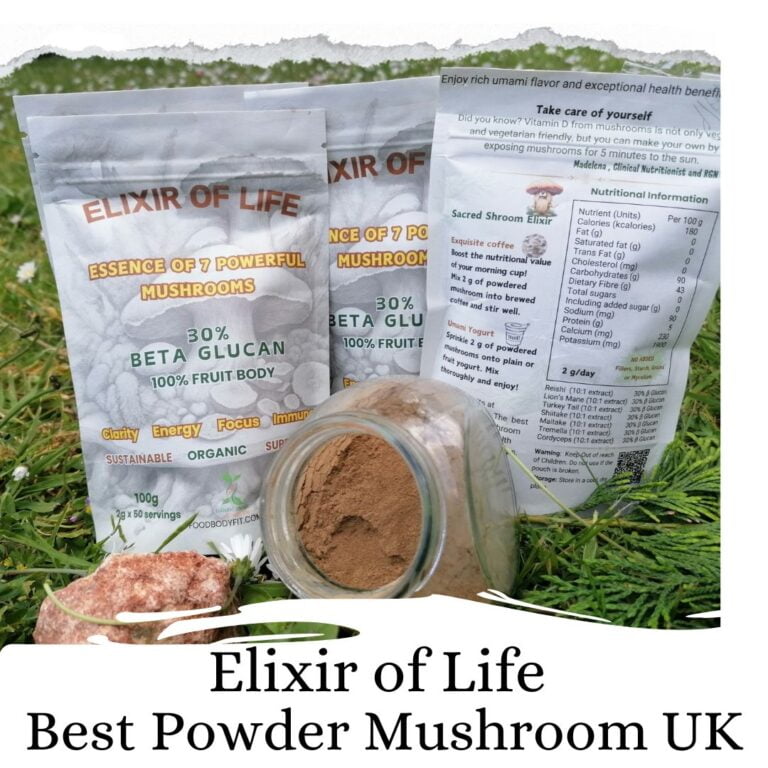
[…] like Reishi may benefit those with GERD, but it’s important to experiment and see which type works best for you. Mushroom powders, […]
[…] is known for its stimulating effect on the digestive system. Drinking coffee can lead to acid reflux and heartburn due to the acidic nature of the beverage. This can be particularly bothersome for those with […]